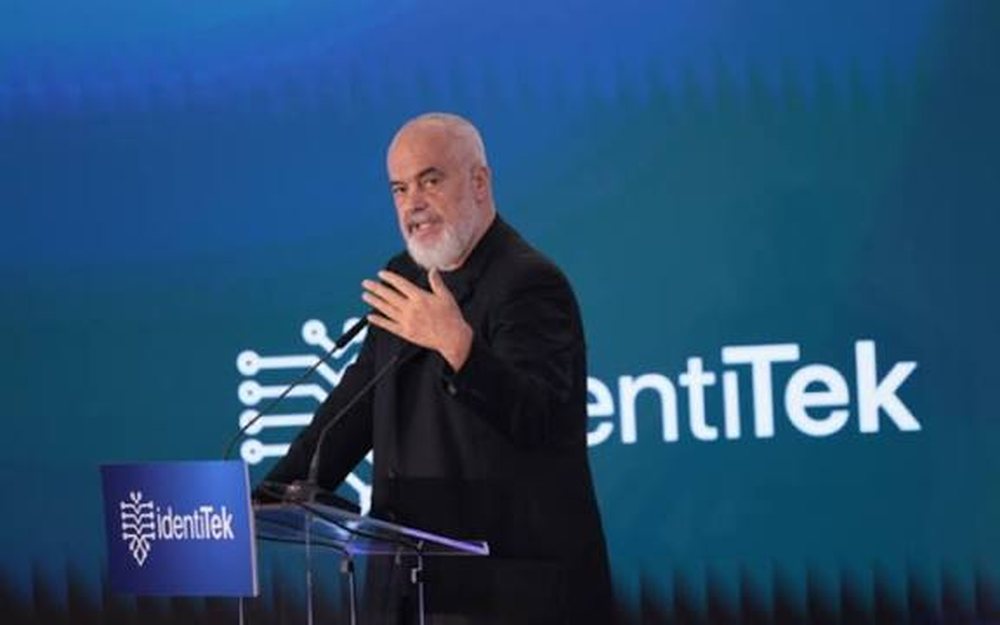
Prime Minister Edi Rama, with the enthusiasm that usually accompanies any “historical moment,” proudly announced today that Albania will be one year ahead of the European Union in implementing digital identity.
An initiative that, according to him, “will place Albanian public services at the forefront of regional innovation,” while in fact raising the most fundamental question of the Albanian digital age:
what value does a digital identity have in a country where no identity is private anymore?
In an Albania where personal data has been exposed, leaked, and distributed like electoral leaflets, where every citizen can be found in some anonymous Excel spreadsheet, the “digital identity” project sounds more like a collective reminder of the lack of privacy than a step towards the future.
Ironically, Rama called this initiative “the basis of a great leap forward,” but in practice it looks more like climbing to the top of the digital pyramid with no safety net below.
The Prime Minister emphasized that Albania will be ready at the beginning of next year, a year ahead of the EU, which plans to make digital identity a reality in 2027.
What was not said is that the EU is building this process on strict standards of security, transparency, and citizen control, while in Albania no institution has yet been held accountable for the massive data leaks that have occurred for three consecutive years.
Essentially, what was presented today as a "new era of innovation" can be summed up in one simple sentence:
Albania is entering the world of digital identity, but without the identity of security.
A year ahead of the EU — perhaps, but still a century behind Europe when it comes to protecting the citizen from the state itself.






















